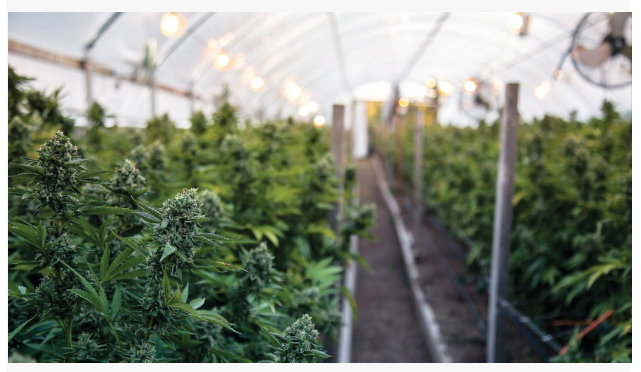Managing Marijuana Waste Disposal: A Growing Challenge
Introduction
As the legalization of marijuana continues to sweep across various regions, the cannabis industry is experiencing a substantial boom. However, with this growth comes the pressing concern of managing marijuana waste disposal. Just like any other industry, cannabis production generates waste that requires proper management to mitigate environmental impacts and adhere to regulations. This article delves into the intricacies of marijuana waste disposal, the challenges it poses, and potential solutions.
The Scope of the Challenge
The marijuana industry encompasses several stages, from cultivation and processing to distribution and consumption. Each of these stages generates waste that requires effective disposal methods. Cannabis waste typically includes plant material, packaging, unused product, and chemicals used in cultivation and processing. With the increasing scale of marijuana production, the volume of waste generated has risen considerably, necessitating comprehensive waste management strategies.
Regulatory Landscape
Regulations surrounding marijuana waste disposal vary widely depending on the jurisdiction. Some regions have stringent guidelines in place to ensure that cannabis waste is properly tracked, documented, and disposed of. These regulations are designed to minimize the potential for diversion into the black market and to mitigate environmental impacts.
In many cases, cannabis waste is subject to specific disposal procedures to prevent unauthorized use. For instance, some jurisdictions require that cannabis waste be rendered unusable and unrecognizable before disposal, often through methods like shredding or mixing with other waste materials.
Challenges in Marijuana Waste Disposal
Several challenges arise in the proper disposal of marijuana waste:
- Environmental Concerns: The improper disposal of marijuana waste can have significant environmental consequences. Cannabis waste can contain residual chemicals and pesticides used during cultivation, which may contaminate soil and water if not managed correctly.
- Security and Diversion: Due to the value of cannabis products, there is a risk of diversion from waste streams back into the market. Proper disposal methods are crucial to prevent this diversion, ensuring that waste materials are not misused or resold.
- Lack of Infrastructure: Many regions lack the necessary infrastructure for specialized marijuana waste disposal. This includes facilities equipped to handle the unique characteristics of cannabis waste, such as its potency and potential chemical content.
- Complexity of Waste Streams: Cannabis waste encompasses a wide range of materials, from plant trimmings to packaging materials and chemical containers. Each type of waste requires a specific disposal method, adding complexity to waste management processes.
Potential Solutions
Efficient marijuana waste disposal requires a combination of regulatory compliance, technological innovation, and sustainable practices. Here are some potential solutions to address the challenges:
- Composting and Organic Conversion: Cannabis plant material can be composted or converted into organic materials like mulch or biofuel. This approach not only reduces the environmental impact but also contributes to sustainable practices.
- Secure Destruction Methods: Developing secure destruction methods that render cannabis waste unusable and unrecognizable can help prevent diversion. These methods may include shredding, pulverization, or chemical treatments.
- Recycling and Repurposing: Packaging materials, such as glass and plastic containers, can be recycled. Repurposing waste materials for non-cannabis products can also be explored to reduce overall waste.
- Investment in Infrastructure: Governments and the cannabis industry should collaborate to invest in waste disposal infrastructure tailored to the unique needs of the industry. This includes facilities equipped to handle the different waste streams safely.
- Public Awareness and Education: Educating both consumers and producers about responsible waste disposal practices is crucial. This can help minimize contamination, diversion, and environmental harm.
Conclusion
As the legal cannabis industry continues to expand, the issue of marijuana waste disposal becomes increasingly important. Properly managing cannabis waste is not only essential for regulatory compliance but also for minimizing environmental impacts and preventing unauthorized use. By implementing a combination of regulatory measures, technological advancements, and sustainable practices, the cannabis industry can rise to the challenge of responsible waste disposal while continuing to flourish.



